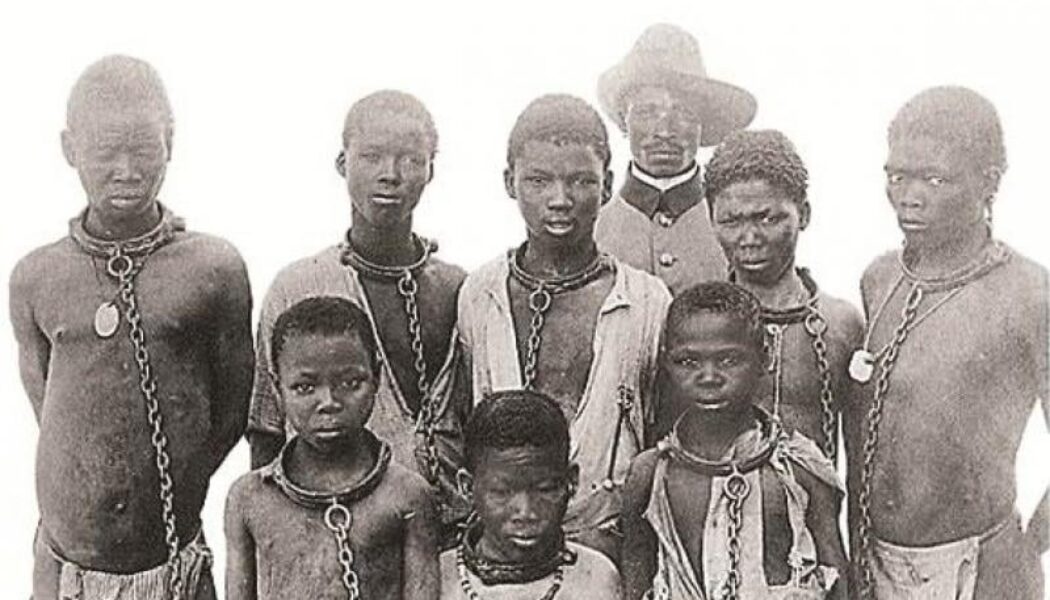In a world where many enslaved Africans were silenced, one man used his voice to challenge an empire.
His name was Olaudah Equiano, and though stolen from what is now Nigeria, his story became one of the most important tools in the fight against slavery in Britain and beyond.
👶🏽 Born Free in Igboland
Olaudah Equiano was born around 1745 in an Igbo village in present-day Southeastern Nigeria. He lived a peaceful childhood—learning the customs of his people, farming with his family, and listening to elders tell stories by firelight.
But that life was stolen when he was just 11 years old.
He was kidnapped along with his sister and sold into slavery. Torn from his homeland, Equiano was marched to the coast and shipped across the Atlantic Ocean.
⛓️ A Life of Enslavement and Struggle
Equiano’s journey was brutal. He was sold multiple times, ending up with British naval officers who brought him to the Caribbean and later to England.
He learned to speak English, read the Bible, and eventually bought his freedom at the age of 21. What made Equiano different was not just that he escaped slavery—it was what he did next.
📚 A Voice Against Slavery
In 1789, Olaudah Equiano published his autobiography:
“The Interesting Narrative of the Life of Olaudah Equiano”
It was the first widely-read account of the slave experience written by a former slave himself. It shocked Britain. It gave slavery a human face and fueled the abolitionist movement.
His book became a bestseller and helped lead to Britain’s Abolition of the Slave Trade Act in 1807.
🌍 Equiano’s Legacy
Though he died in 1797, Equiano’s impact still resonates today:
- His book is studied in schools worldwide.
- Statues and plaques honor his memory in the UK and Nigeria.
- He is remembered as a hero of freedom, education, and resilience.
In 2007, Nigeria and Britain jointly commemorated him during the bicentenary of the end of the slave trade.
🔥 Why We Must Remember
Olaudah Equiano is not just a name in a book—he is a symbol of survival. His story reminds us that even in the darkest times, one voice can spark a movement.
“When you make men slaves, you deprive them of half their virtue.”
— Olaudah Equiano
